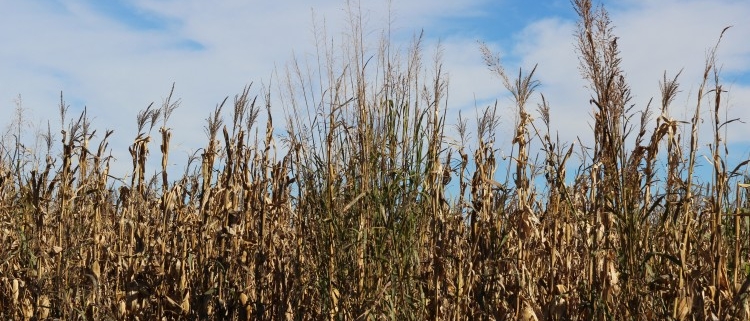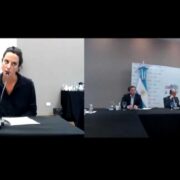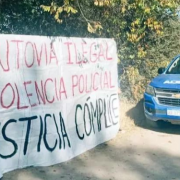Supreme Court confirms Ituzaingó ruling: agrochemicals SI make us sick
“Below, we offer a google translate version of the original article in Spanish. This translation may not be accurate but serves as a general presentation of the article. For more accurate information, please switch to the Spanish version of the website. In addition, feel free to directly contact in English the person mentioned at the bottom of this article with regards to this topic”
One of the major socio-environmental conflicts facing the province of Cordoba due to the expansion of the agricultural frontier is the application and irregular use of agrochemicals in fields close to homes, neighborhoods, schools or other human settlements. constitutes a great risk to the health of the exposed communities.
A case in point of affecting the human right to a healthy environment and health is that of neighbors and neighbors of Barrio Ituzaingó Anexo, who have been demanding respect for their rights for more than ten years. This neighborhood is located southeast of the City of Cordoba, bordering the north with an industrial zone and bordering with rural areas to the north, east and south. There are approximately 5000 people, who live in 1200 houses in 30 blocks.
In March 2002, it was the first time that a group of mothers worried about the health situation in the neighborhood began to complain to the authorities for the analysis of diseases and possible contaminants. This process of struggle that began since then was carried out by the group “Madres de Barrio Ituzaingó.
Although the process was long, as a result of the social struggle, neighbors and neighbors gained access to potable water through running water, building the Primary Health Care Unit, creating the Provincial Registry of Tumors and thus also achieved normative advances in environmental matters. In this last aspect, municipal ordinances were issued that established the “sanitary and environmental emergency” and prohibited aerial and terrestrial fumigations to less than 2,500 meters of any dwelling or group of dwellings), that finally resulted in the prohibition of fumigations throughout the ejido of the city (ordinances n ° 10505/2002, 10589/2003, 10590/2003).
The judicial process began in 2008 when neighbors made complaints denouncing the existence of diseases, abortions and malformations attributed to the fumigations that were carried out in the fields adjacent to their homes. After a lengthy judicial process, in August 2012 the First Criminal Chamber issued an unprecedented ruling on environmental pollution due to the use of pesticides in urban areas, condemning a producer and an agroaplicor pilot. On September 12, the Supreme Court of Justice was issued regarding the complaint filed by the defendants, rejecting the request and confirming the decision of the Crime Chamber.
We welcome the resolution issued by the Argentine Supreme Court and set a precedent for similar cases in which communities are violated their fundamental rights by the irregular application of agrochemicals. In this context, we also consider it necessary to comply with local regulations that have created zones of environmental protection and restrictions on the use of agrochemicals (such as Alta Gracia in which we work). Along these lines, we support the establishment of a national law on minimum environmental budgets, referring to the regulation of distances for the application of agrochemicals guided by the precautionary principle, which will establish a reference framework that will safeguard the fundamental rights to the environment and health.
More information
– Public Health Driven by Agribusiness | El Entramado
Contact
Male Martinez Espeche, malemartinez@fundeps.org








